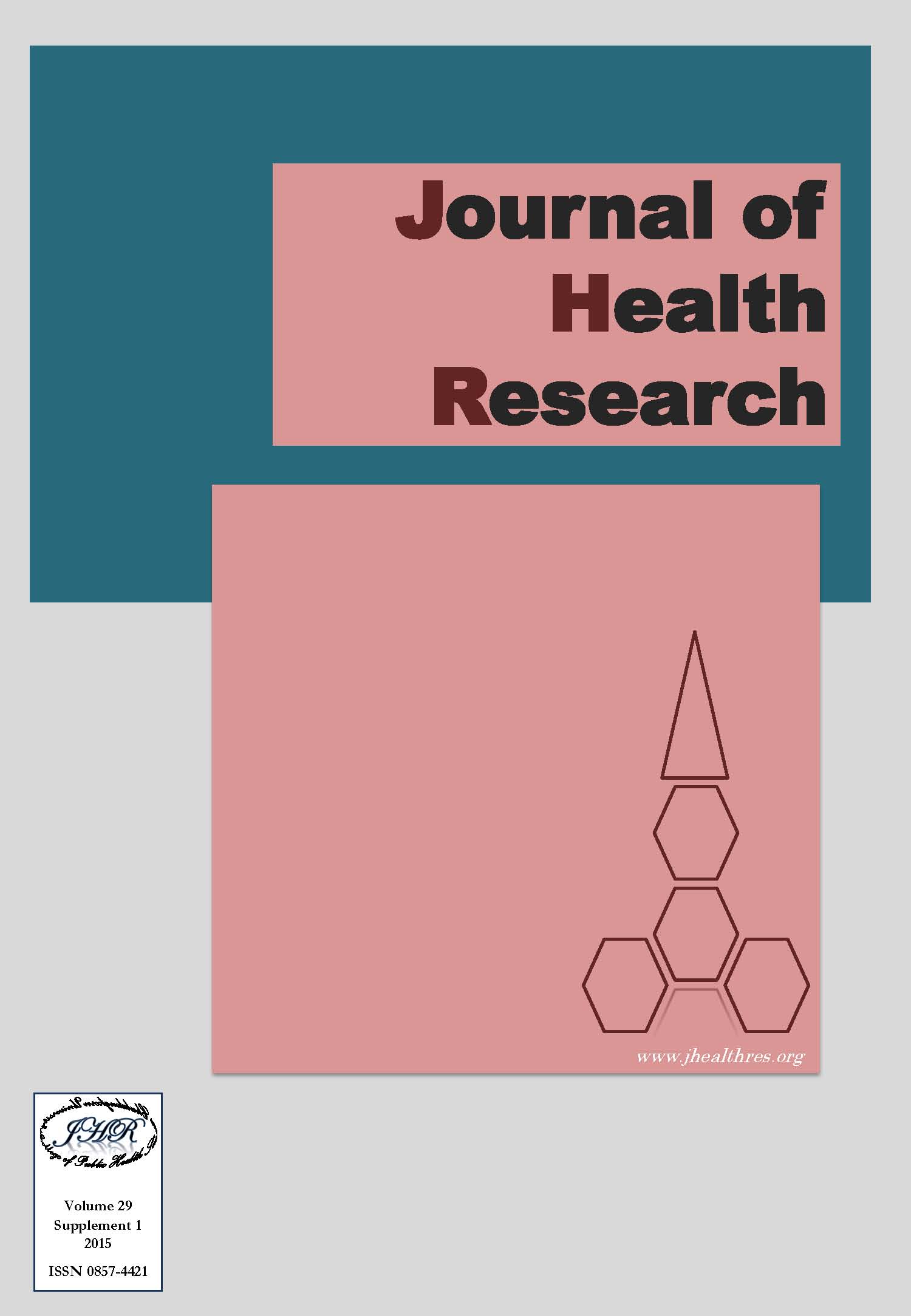Predictors of Quality of Life in HIV Infected Women, Medan, Indonesia
Keywords:
HIV infected women, Quality of life, IndonesiaAbstract
Background: Living with Human Immunodeficiency Virus (HIV) is life threatening to infected women and can influence their quality of life. Optimizing the quality of life in HIV infected women has become an important aim of care. The Revised Wilson and Cleary Model for Health Related Quality of Life (HRQOL) was applied. The study aimed to determine factors that influenced the quality of life among HIV infected women in Medan, Indonesia.
Methods: A cross-sectional study based on a purposive sampling was employed with 111 participants aged 18-45 years old. The instruments composed of Demographic Information Questionnaire, Fatigue Rating Scale, Inventory Functional Status, General Health Perception, Multidimensional Perceived Social Support Scale, and World Health Organization Quality of Life-BREF (WHOQOL-BREF).Multiple regression was used to determine factors predicting of quality of life in HIV infected women.
Results: The study revealed that the significant predictors for quality of life in HIV infected women were social support (B = 0.499, p < .01), functional status (B = 0.354, p < .01), and general health perception (B = 0.231, p < .01), and which explained 66.9 % (adjusted R2 = 0.669, p < .01) of the variance in quality of life. However, age, marital status, educational level, employment status, family income and fatigue were not significant predictors of quality of life in this study.
Conclusion: Social support, functional status, and general health perception could influence the quality of life in HIV infected women. The strongest predictor was social support. Therefore, family and peers should be encouraged to be involved in health care services to provide support for HIV infected women.






